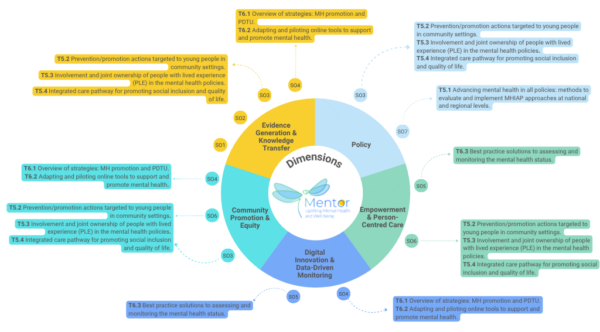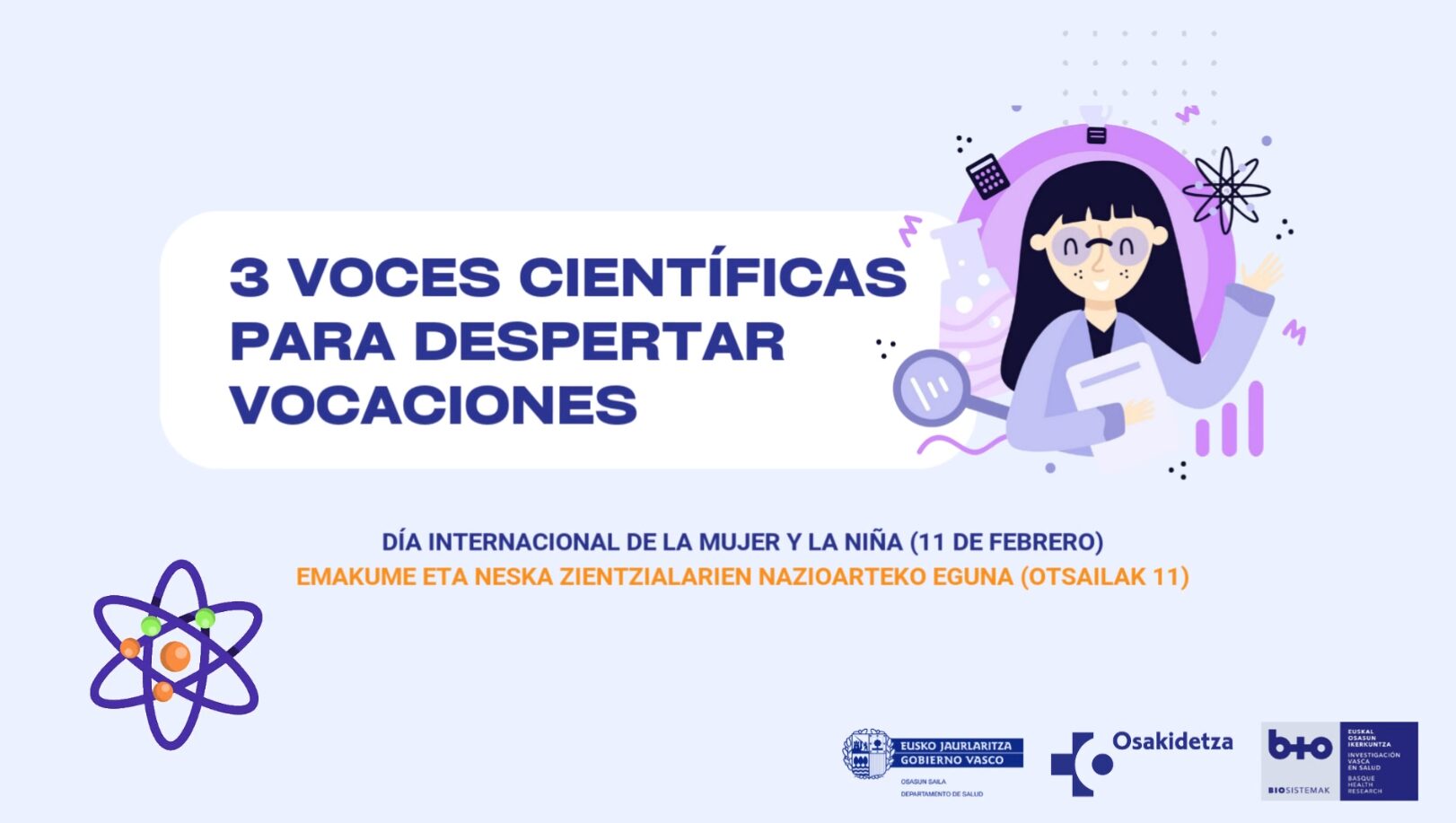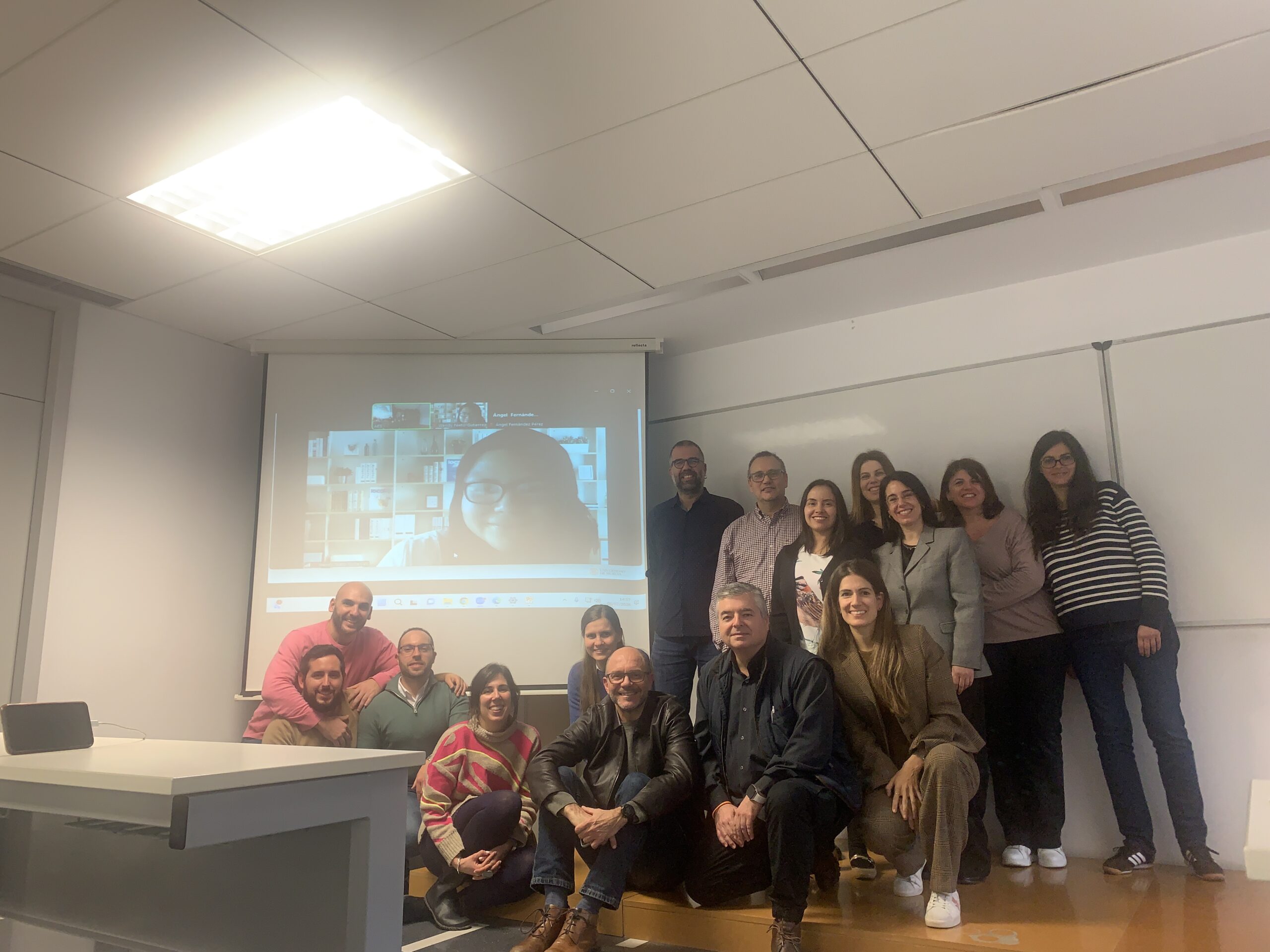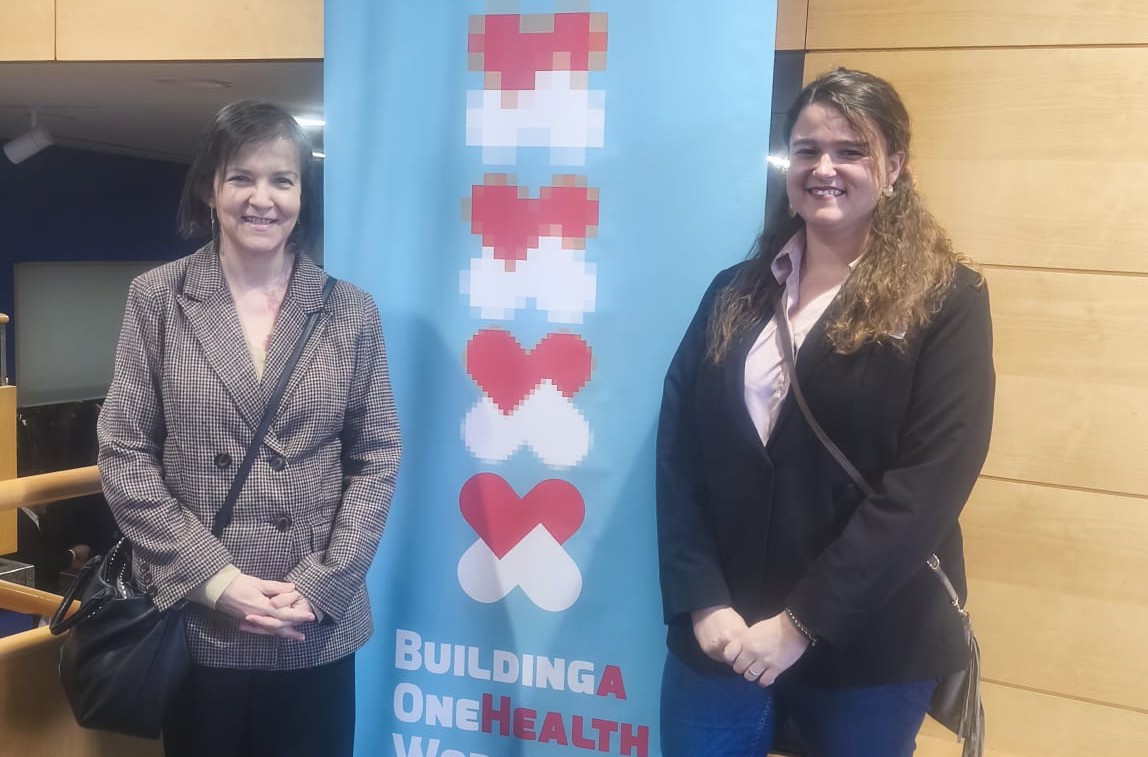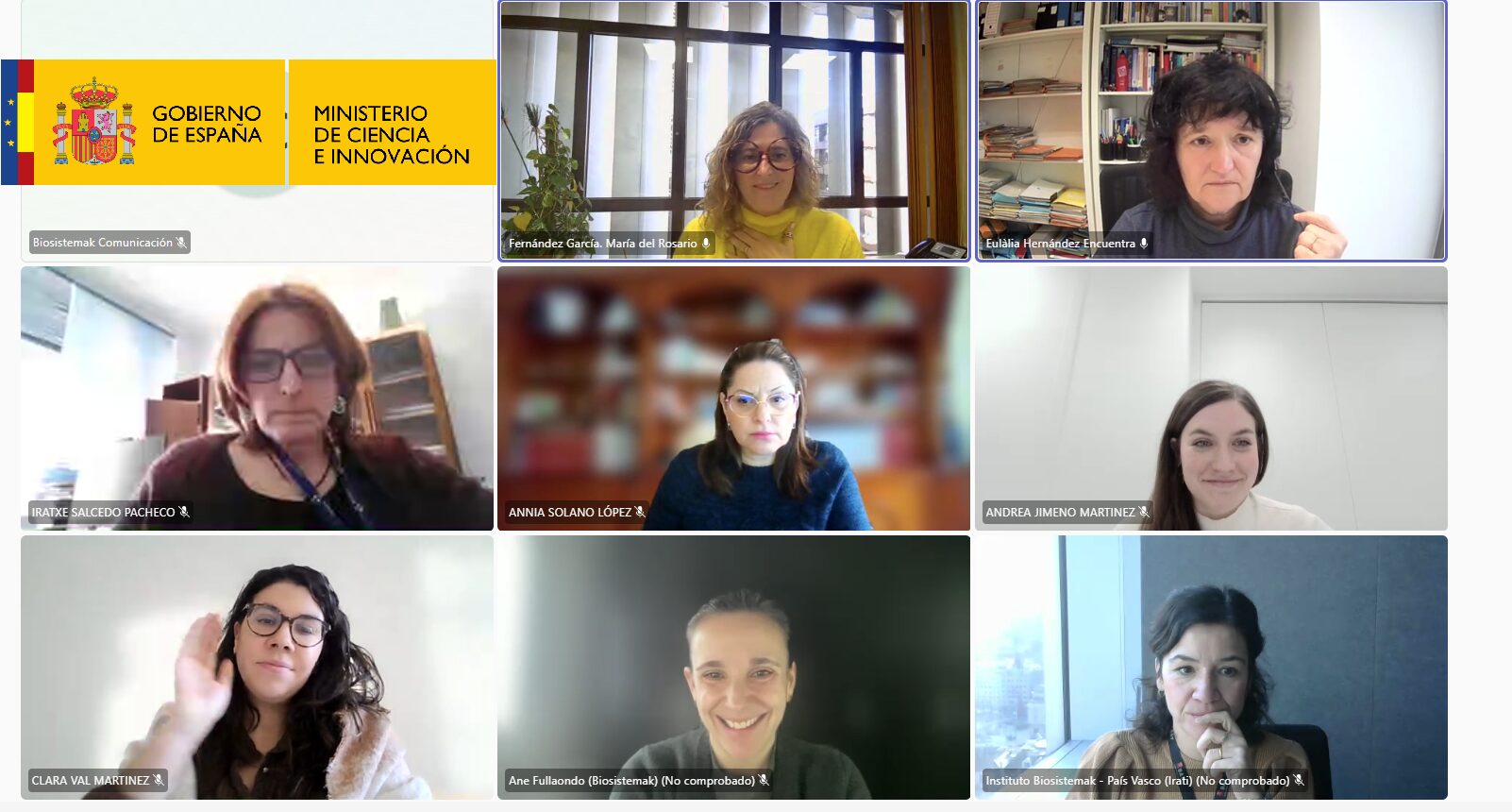We deliver the first evaluation report of the European MENTOR project on mental health
On 31 August, Biosistemak will present the document on the evaluation framework that will guide the analysis of the project, which aims to transform the European mental health agenda.
On 31 August, the European MENTOR (Mental Health Together) project will reach a milestone with the delivery of its first deliverable: the Evaluation Framework, developed by Biosistemak as part of Work Package 3 (WP3), which is responsible for designing and implementing the strategy to measure the project’s progress and real impact. The authors of this technical report are Juan De la Torre and Dolores Verdoy, project manager and coordinator of our Institute.
This first document will lay the foundations for guiding the evaluation of the project’s progress, the implementation of the planned activities and the assessment of its impact in the short, medium and long term.
Objective of the MENTOR project
The objective of MENTOR is to generate political and practical impact in Europe, acting in the short, medium and long term to ensure the sustainability of the progress achieved. Under a joint action approach, MENTOR envisages a wide range of mental health promotion and prevention interventions targeting different groups, especially the most vulnerable (young people, migrants, refugees, Roma and displaced persons from Ukraine).
The action seeks to contribute lessons learned, practical knowledge and useful tools for European Union policies. In short, MENTOR responds to the need to make mental health a priority on the global and European agenda, focusing its results on efficiency and addressing key challenges in this area.
What is the Evaluation Framework?
The Evaluation Framework establishes the methodological strategy for evaluating the performance and impact of MENTOR, emphasising the role of the consortium partners in the evaluation process. The Framework allows for the early identification of any deviations and guides actions to keep the project on track and aligned with its objectives.
This is structured around two complementary components:
- Project implementation evaluation: provides information on the progress of the joint action. It focuses on how the project is being implemented, monitoring its technical and operational progress, including the completion of tasks, compliance with deadlines and the effectiveness of internal coordination mechanisms.
- Impact assessment: provides data on the results and impact of MENTOR. It assesses its contribution to changes, improvements and transformations within and beyond its implementation period. This component is structured around five key dimensions:
- Policy: Influence on public decisions and strategies to prioritise mental health in Europe.
- Empowerment and person-centred care: Promoting the participation of people with lived experience and vulnerable groups through inclusive and preventive approaches.
- Digital innovation and data-driven monitoring: Use of digital tools and improvement in information collection and management for decision-making.
- Community promotion and equity: Reducing inequalities, improving access to services and combating stigma in mental health.
- Evidence generation and transfer: Production and dissemination of practical knowledge, lessons learned and transferable and sustainable tools.
Two key reports in the project
The delivery of this first deliverable is an essential step forward in ensuring rigour, transparency and continuous improvement throughout the project, which will run until September 2027.
This is the first of two main reports to be delivered by Working Group 3 during the joint action. This work will enable actions to be tailored to the needs identified and maximise social and political impact, contributing to a healthier Europe in terms of mental health.

